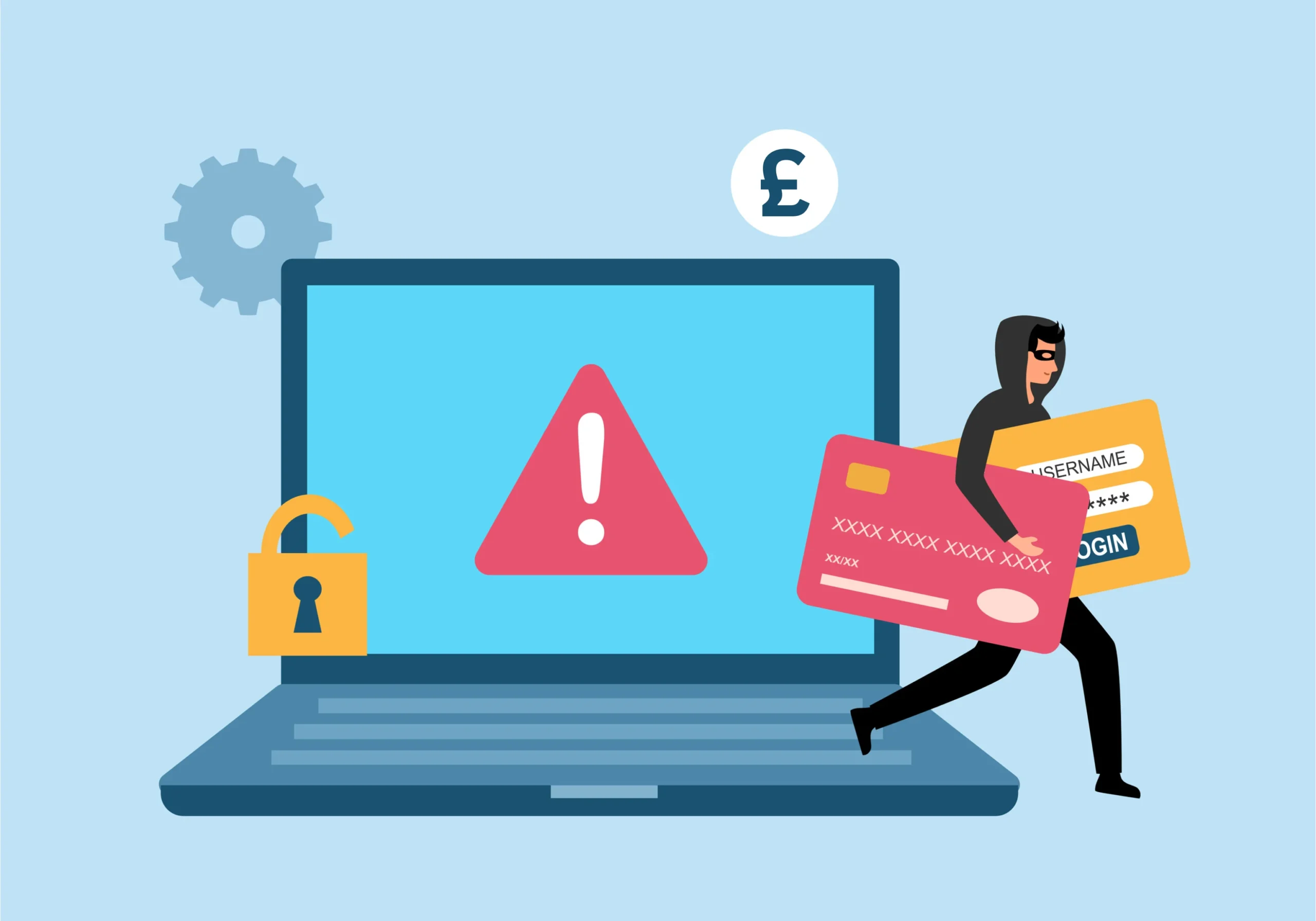Online education has made learning more accessible than ever before. Whether you’re looking to earn a degree, learn a new skill, or switch careers, the internet offers countless options. But alongside the genuine opportunities, there are also traps—scammers pretending to be educators, offering fake degrees or worthless certificates in exchange for your money.
If you’re considering online learning—either for yourself or a loved one—it’s important to know how to separate trustworthy platforms from fraudulent ones. Here’s a straightforward guide to help you steer clear of online education scams and make smart, informed decisions.
1. Make Sure the School Is Legit and Accredited
One of the first things to check is whether the institution is actually accredited by a recognized organization. Accreditation means that the school meets certain quality standards set by an official body.
In the U.S., use this tool: https://ope.ed.gov/dapip to confirm a school’s credentials.
🚩 Red flags to watch for:
- Claims like “internationally certified” without naming a real accrediting body
- Accreditation from a made-up or unrecognized agency
If you’re not sure about the agency’s legitimacy, do a quick Google search to verify it’s approved by the U.S. Department of Education or CHEA.
2. Stay Away from “Too Good to Be True” Degrees

Simply put, a website is a fraud if it guarantees you a bachelor’s or master’s degree in a few days, or without requiring you to finish any actual coursework.
These so-called “diploma mills” will hand you a piece of paper that looks official but means nothing to employers or real universities.
🎓 Remember: Real education takes time, effort, and learning. There are no shortcuts.
3. Dig into the Website and Contact Details
A professional-looking website can still be fake. Go beyond the surface.
🔍 Check for:
- A real office address (not just a generic “Contact Us” page or P.O. box)
- Faculty names with bios or LinkedIn profiles
- Working phone numbers or email addresses where someone actually responds
If you can’t figure out who’s behind the website or get in touch with a real human, it’s a major warning sign.
4. Check Online Reviews and Complaints
Before signing up, search the school’s name online along with terms like “scam,” “complaints,” or “student reviews.” You’d be surprised how much people share about their experiences—both good and bad.
📌 Trusted review sites:
- Better Business Bureau (BBB)
- Trustpilot
- Reddit threads about education
- Facebook groups related to online learning
Multiple reports of people being scammed or losing money? That’s your cue to look elsewhere.
5. Don’t Fall for Pressure Sales Tactics
Scammers frequently use words like these to pressure you into choosing:
- “Limited-time offer—enroll today!”
- “Only a few seats left!”
- “Pay now to secure your certificate!”
🎯 Legitimate schools won’t pressure you to sign up on the spot. They’ll give you the time and space to research, ask questions, and decide when you’re ready.
6. Look at the Course Details and Instructor Info
Real online programs are transparent. They’ll show you:
- What the course covers
- Who’s teaching it (with qualifications or work experience)
- Sample lessons or syllabi to preview
If that information is missing or vague, or they won’t tell you who the instructors are—that’s a red flag.
7. Check the School’s Background and Online Presence
Reputable schools don’t pop up overnight. They usually have:
- A clear founding date and leadership team
- Online visibility (such as alumni testimonials, blog posts, or news mentions)
- A domain that’s been around for a while (check on sites like Whois.net)
Scammers often create fresh websites with no history, switch names often, and disappear quickly.
8. Trust Your Gut Instinct
This might be the most important tip: if something feels off, pause.
⚠️ Ask yourself:
- Are there spelling mistakes or sketchy graphics?
- Do their emails feel pushy or spammy?
- Are they dodging your questions?
When your instincts tell you something isn’t right—it usually isn’t. It’s better to be cautious than regretful.
✅ Final Checklist: How to Stay Safe
Before enrolling in any online program, go through this quick checklist:
- 🔒 Is the school properly accredited?
- 📞 Can you contact real staff?
- 👨🏫 Do they list course details and instructors?
- 🌐 Are reviews and ratings mostly positive?
- ⏳ Are you being pressured to enroll quickly?
Online education can be a powerful tool when done right—but only if you do your homework first.
Conclusion: Learn Smarter, Not Harder
Online education is here to stay—and its changing lives for the better. But to truly benefit, you need to be smart, alert, and informed. Do your homework slowly, ask questions, and follow your gut.
You can safeguard your future, your time, and your money by learning to recognize frauds early.
You Might Also Like:
- ✅ [Top Accredited Online Learning Platforms to Trust]
[Selecting the Best Online Course for Your Professional Objectives]
- ⚠️ [Red Flags That You’re Being Scammed Online]










